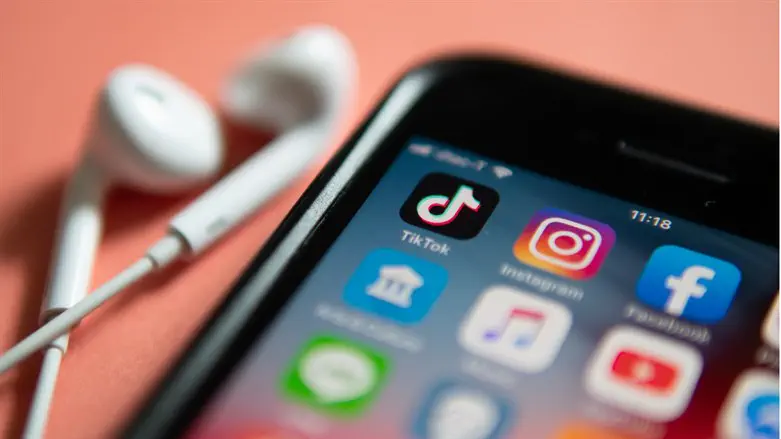
TikTok failed on Friday in its attempt to overturn a law that could lead to the platform being banned in the United States, CNN reported.
A US appeals court upheld the legislation, which was passed in April, rejecting TikTok’s claims that the law was unconstitutional. The judges determined that the law does not “contravene the First Amendment to the Constitution of the United States,” nor does it “violate the Fifth Amendment guarantee of equal protection of the laws.”
The ruling pushes TikTok closer to a potential US ban unless its Chinese parent company, ByteDance, agrees to sell the platform to a non-Chinese buyer. The deadline for compliance is January 19, 2025. After that date, US app stores and internet service providers could face heavy fines for hosting TikTok unless the platform is sold, though the legislation does give President Joe Biden the option to issue a one-time extension of the deadline.
In response to the ruling, TikTok announced its plans to appeal.
“The Supreme Court has an established historical record of protecting Americans’ right to free speech, and we expect they will do just that on this important constitutional issue,” TikTok spokesperson Michael Hughes said in a statement.
“Unfortunately, the TikTok ban was conceived and pushed through based upon inaccurate, flawed and hypothetical information, resulting in outright censorship of the American people. The TikTok ban, unless stopped, will silence the voices of over 170 million Americans here in the US and around the world on January 19th, 2025,” added Hughes.
ByteDance has repeatedly stated that it does not intend to sell TikTok.
The legislation requires ByteDance to divest from TikTok or face a nationwide ban. Lawmakers have raised concerns that ByteDance poses a national security threat, fearing it could share user data with the Chinese government or manipulate TikTok’s algorithm to spread propaganda.
TikTok sued to block the law in May, arguing that it infringes on the free speech rights of its 170 million US users and unfairly targets the platform. The case was consolidated with a separate lawsuit from a group of TikTok creators.
The court ruled that Congress acted within its constitutional authority in crafting the legislation, which it described as a “narrow” measure addressing TikTok’s ties to China. The judges wrote that the law “does not suppress content or require a certain mix of content.”
The legislation was part of a series of moves in the US aimed at limiting TikTok. Last February, the White House gave government agencies 30 days to ensure they do not have TikTok on federal devices and systems.
In addition, several states and cities have restricted TikTok on government devices, including the state of Montana, which passed a bill banning the app across the state, and New York City, which banned TikTok on government-owned devices in August of 2023, citing security concerns.
If TikTok cannot successfully appeal or separate from ByteDance, the ban could take effect just one day before President-elect Donald Trump’s inauguration.
In August of 2020, while serving as President, Trump signed an executive order giving Americans 45 days to stop doing business with ByteDance, saying Chinese tech operations may be used for spying.
However, Trump said earlier this year that, while he still believes TikTok posed a national security risk, he is opposed to banning it because that would help its rival, Facebook. He later launched an account on the popular app.
(Israel National News' North American desk is keeping you updated until the start of Shabbat in New York. The time posted automatically on all Israel National News articles, however, is Israeli time.)
